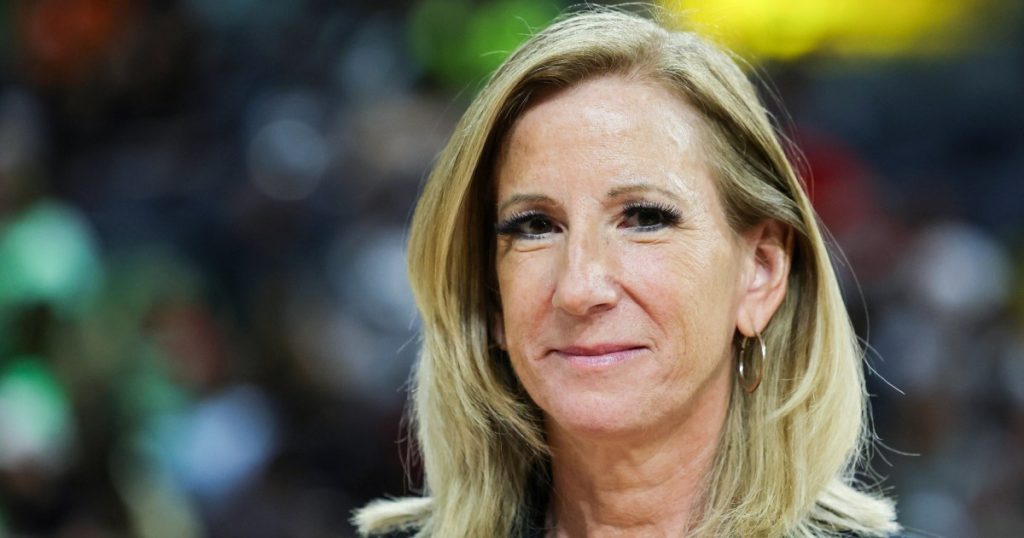The WNBA is on the brink of a mainstream explosion, but the league still needs to secure broadcast and other investment deals to establish a stable financial foundation, according to WNBA Commissioner Cathy Engelbert. Engelbert is optimistic that the rising interest in women’s basketball will attract outside commitments to help the league grow. She emphasized the importance of the sports ecosystem stepping up, especially with upcoming media rights negotiations and corporate partner agreements. The league has seen an increase in interest and engagement, with phones ringing off the hook for potential partnerships.
Following the remarkable success of Caitlin Clark in women’s college basketball, who broke the all-time NCAA scoring record and was selected first overall by the Indiana Fever, attention turned to salary disparities in professional basketball. Clark, as a rookie, will make a base salary of $76,535, significantly lower than NBA rookies who earn around $1 million. Many women’s players opt to play overseas where they can potentially earn more. Despite criticism, the WNBA and its players negotiated the salary figure based on revenues outlined in the collective bargaining agreement. While revenues have increased under Engelbert’s leadership, they still fall far short of the NBA’s multibillion-dollar revenue.
The WNBA’s revenue streams, largely driven by TV deals, have seen improvements, with the current TV deal valued at approximately $60 million. However, the WNBA still lags behind the NBA, which boasts annual revenues in the billions. The recent boom of rising star players like Caitlin Clark and newcomers like Angel Reese and Cameron Brink, supported by social media, are expected to contribute to the league’s growth. The anticipation of a new generation of players excites fans and players alike, with hopes that the league can live up to expectations and capitalize on the attention it’s receiving.
Washington Mystics center Shakira Austin discussed the league’s potential for growth, citing increases in attendance and ticket sales as signs of dedication from fans. She expressed hope that the league will continue to elevate and capitalize on the attention it is receiving. While the WNBA has made strides in securing partnerships, such as providing charter flights for all away games with Delta Airlines, Engelbert acknowledges that substantial financial progress will take time. Despite challenges, she remains optimistic about the league’s potential for growth and sees the increasing interest as a positive sign of things to come.
While significant changes and growth appear to be on the horizon for the WNBA, some observers remain cautiously optimistic, waiting to see concrete progress before fully believing in the league’s potential. The league’s ability to meet the moment and capitalize on its growing popularity remains a topic of discussion among basketball enthusiasts. With a focus on building household names, creating rivalries, and offering meaningful games during the season, the WNBA aims to attract and retain viewers. Engelbert believes that the league’s momentum and dedication to providing engaging content will ultimately lead to sustained success in the future.


